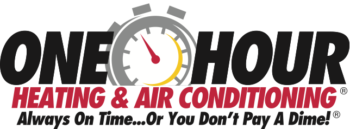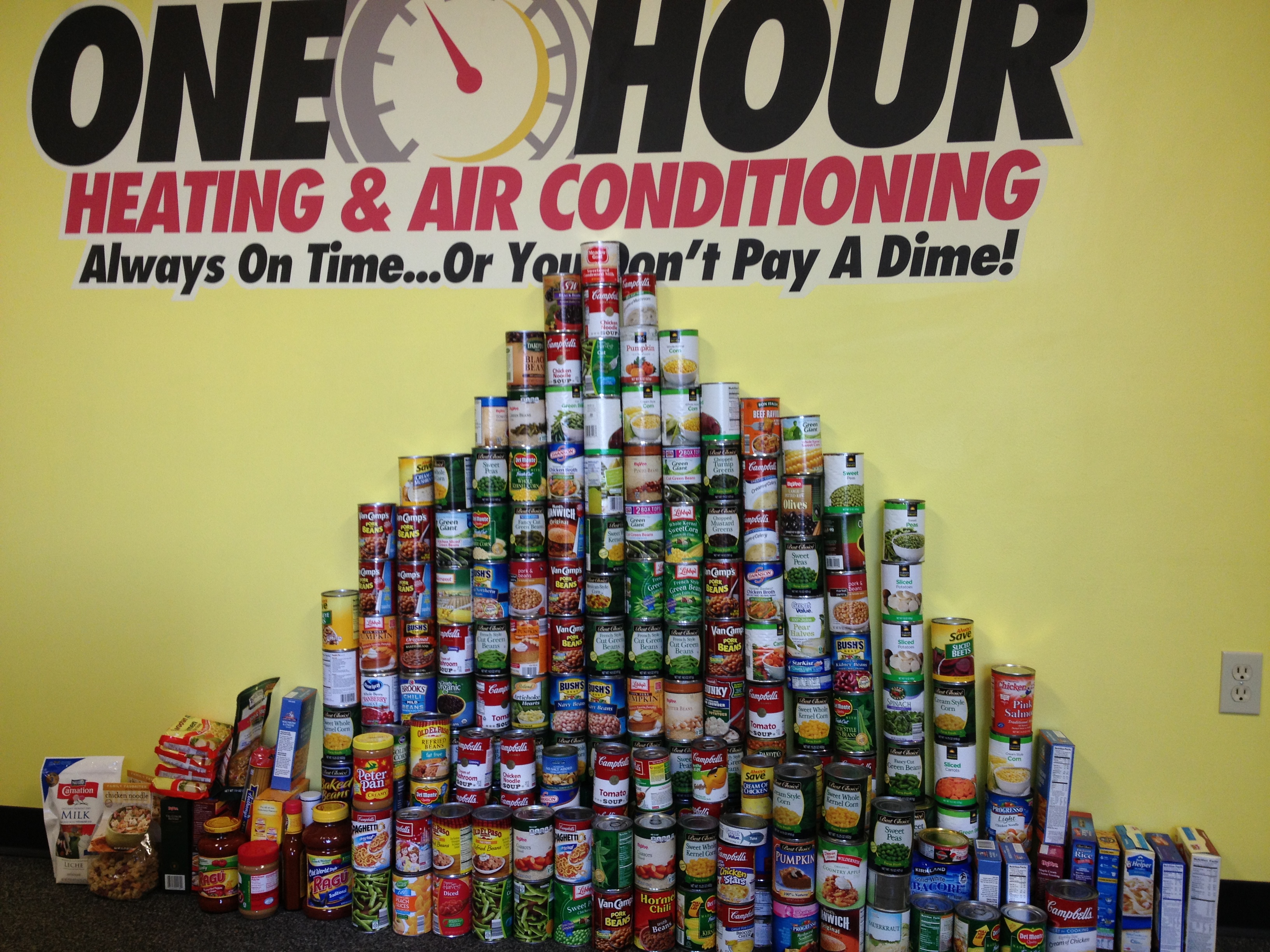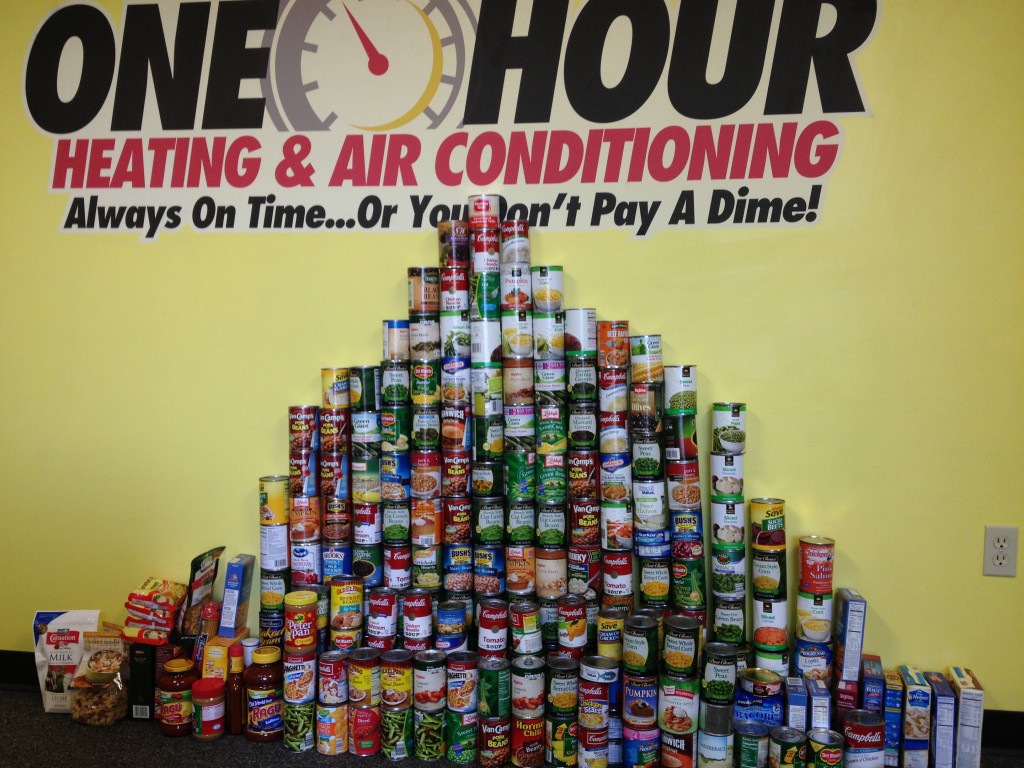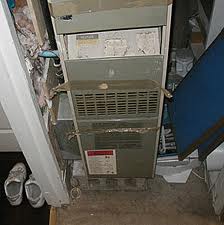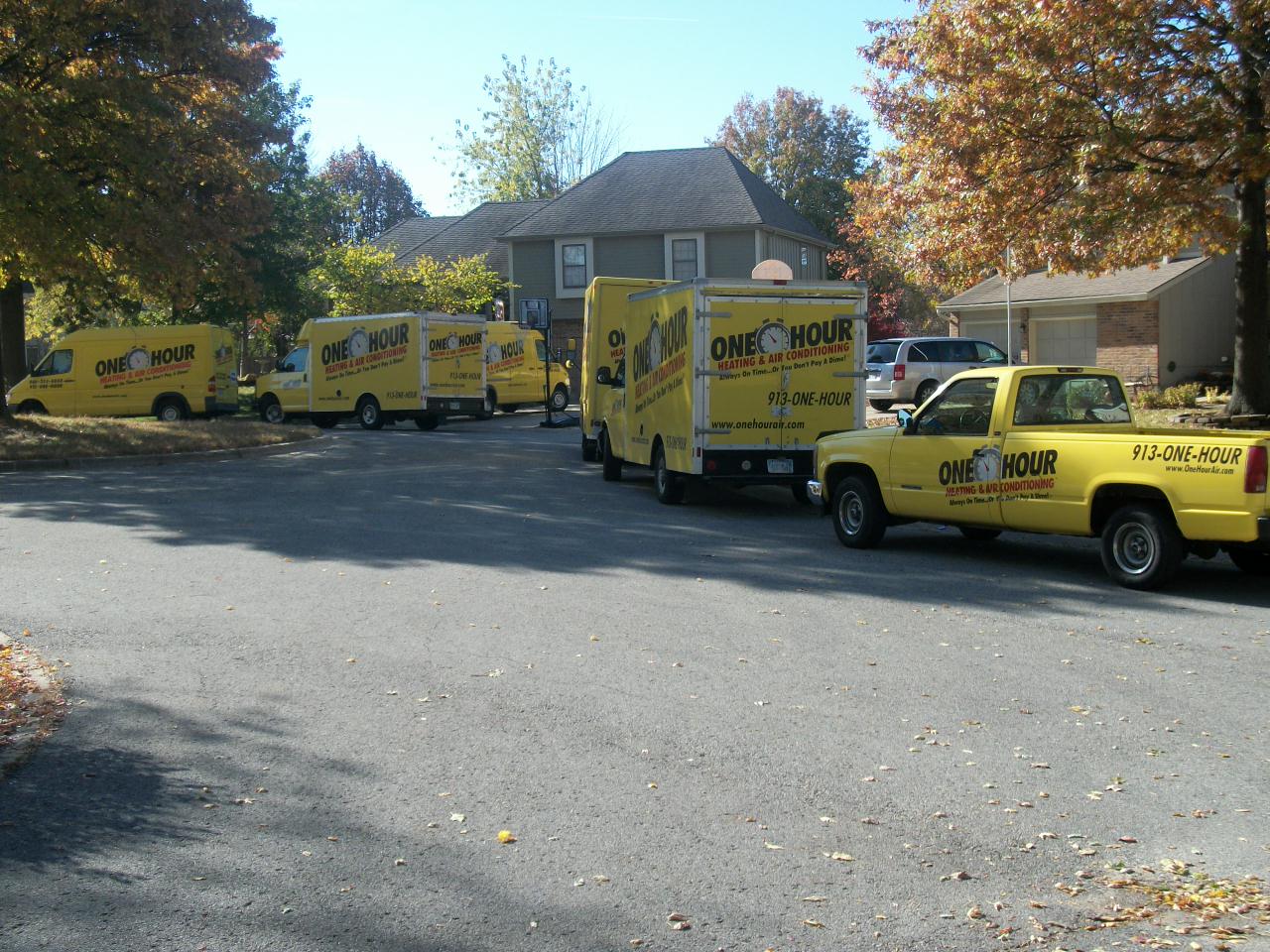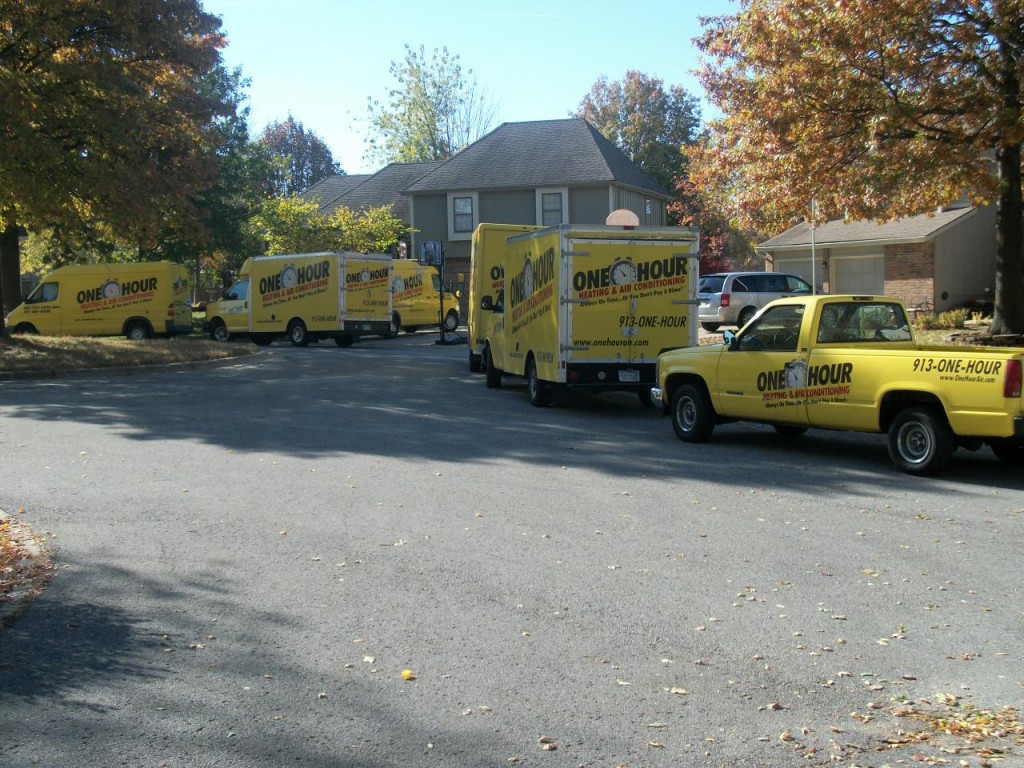How often should I replace the filter?
There’s no one-size-fits-all answer. The frequency of filter changes is driven by how much your heating and air conditioning system operates, which is also driven by your individual climate.
Start by checking the system’s filters at least once a month. Hold the used filter up to the light and compare it to a clean “spare.” When light is obscured by captured dust and dirt particles, the old filter should be changed. Keep a record for one year and then replace the filter on that basis. At a minimum, it is always a good idea to change filters at the start of the heating and cooling seasons and then in between according to your need. Also, it is a good idea to have your heating and air system checked at the beginning of heating and cooling season to insure proper operation.
Why should I replace my working furnace or air conditioner?
Although your present furnace or air conditioner may be working, if it is more than 12 years old you should consider replacing it with a new high efficiency system. A new heating and air conditioning system could save up to 50 percent on energy costs, and save you money in the long run on heating repairs. While these products save you money on your utility bills, they also offer a better degree of comfort within your home.
Why can’t you add coolant to my system without checking for a leak or repairing an exiting leak?
Since July 1, 1992 it is illegal to release refrigerants into the atmosphere, either intentional or accidental, because they can cause severe damage to the ozone layer. When refrigerants such as Chlorofluorocarbon’s (CFCs) are removed, they should be recycled to clean out any contaminants and returned to a usable condition.
How does the Clean Air Act impact heating and cooling systems?
The portion of the Clean Air Act that applies to the Heating, Ventilating and Air Conditioning (HVAC) industry encourages the development of ozone-friendly substitutes for chemicals that contain ozone destroying chlorine, which are called hydrochlorofluorocarbons (HCFCs). The chemical refrigerant of choice for more than four decades, referred to as R-22, is in the HCFC category. R-22 is widely used in heat pumps and AC condensing units to heat and cool homes. Today, a refrigerant called R-410A is used because of its ozone-friendly properties.
